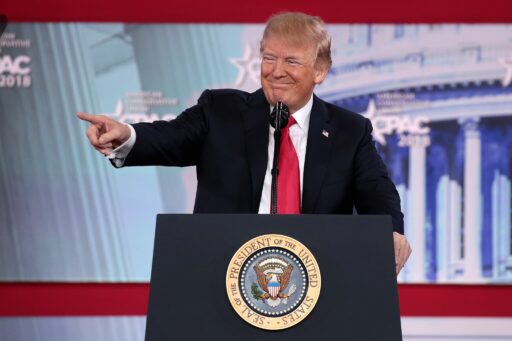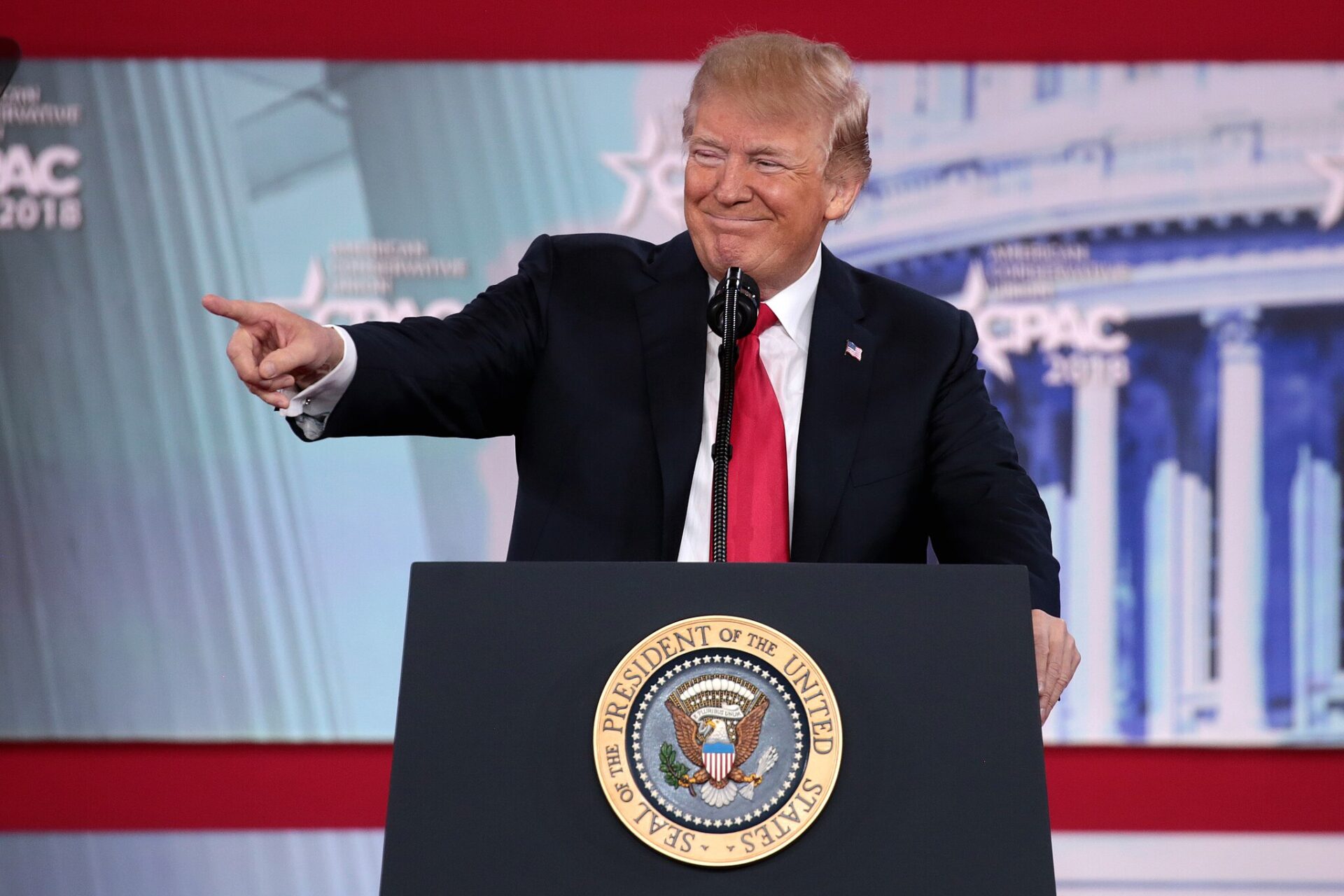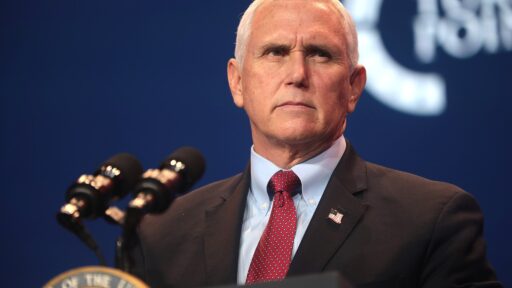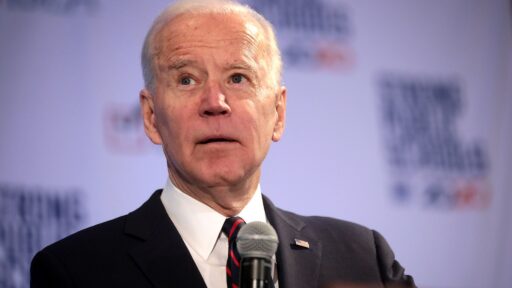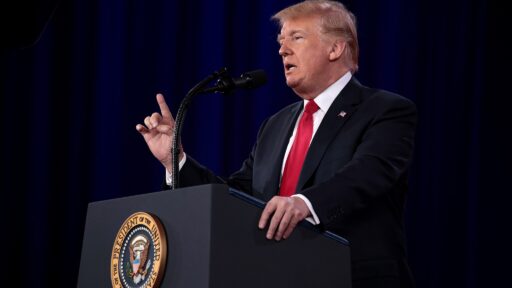A lot of questions are now being asked.
Following the assassination attempt on former President Trump during a Pennsylvania campaign rally, the Secret Service has come under intense scrutiny for what many perceive as critical lapses in its protective duties. The incident unfolded when a 20-year-old gunman, Thomas Matthew Crooks, positioned himself atop a nearby building and opened fire, fatally injuring one rallygoer and wounding two others before being swiftly neutralized by law enforcement.
Despite Trump acknowledging the Secret Service’s efforts as “fantastic,” the agency faced immediate backlash and calls for accountability from political figures across party lines. Questions mounted over how the assailant could have breached security measures, with Representative Ruben Gallego and Senator Mike Lee among those expressing serious concerns about the adequacy of protective protocols.
Cheryl Tyler, a former Secret Service agent, emphasized the extensive preparations typically involved in securing events for high-profile individuals like Trump. She highlighted the meticulous advance work undertaken by agents to assess risks, coordinate with local law enforcement, and devise contingency plans. Nevertheless, the assailant managed to position himself approximately 150 meters from Trump, highlighting potential vulnerabilities in the security perimeter.
The FBI assumed primary responsibility for investigating the incident, characterizing it as an attack on democracy. Updates indicated significant progress in analyzing the shooter’s phone and conducting numerous interviews with witnesses and law enforcement officials. Meanwhile, the Department of Homeland Security’s Office of Inspector General remained silent on whether it would initiate its own inquiry into the Secret Service’s performance.
During the rally, as shots rang out, Trump’s Secret Service detail reacted swiftly, shielding him from harm and ultimately ensuring his safety. Former Secret Service agent Jonathan Wackrow commended their response, noting their immediate action to place themselves between the threat and Trump.
In response to criticism that Trump’s defiant gesture may have delayed his departure from the stage, Tyler clarified that protectees ultimately retain significant autonomy in such situations, despite the Secret Service’s protective directives.
Kimberly Cheatle, the Secret Service director, defended her agency’s actions, emphasizing their quick response in neutralizing the threat to Trump’s safety. She pledged full cooperation with President Biden’s ordered review of security measures at the rally and any subsequent oversight efforts by Congress.
Homeland Security Secretary Alejandro Mayorkas acknowledged security failures but expressed confidence in the agency’s overall performance. Nevertheless, former agents and lawmakers continued to call for a thorough investigation into the incident, citing systemic breakdowns in security planning.
The attempt on Trump’s life underscored broader concerns about escalating political violence, echoing recent incidents like the Capitol riot and other attacks on public officials. Both Biden and Trump urged national unity and a decrease in political tensions in the aftermath of the assault.
Looking ahead, security experts urged proactive measures to mitigate future risks as the presidential election loomed, stressing the need for enhanced security protocols and preparedness among political campaigns and leaders.
As investigations continue and congressional hearings loom, the Secret Service faces a critical juncture in restoring public trust and addressing fundamental security flaws exposed by the harrowing events in Pennsylvania.


